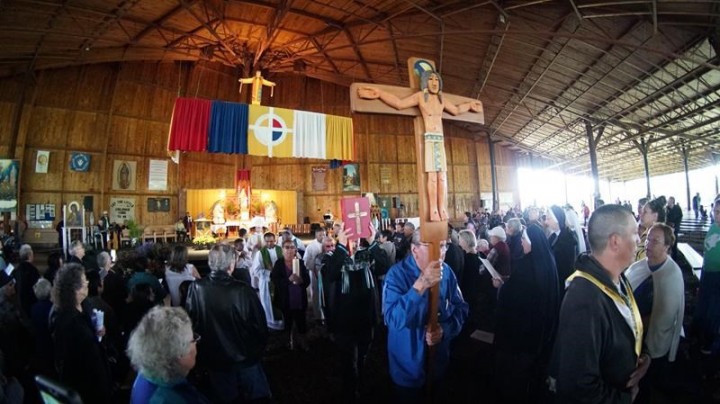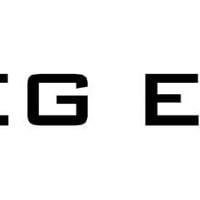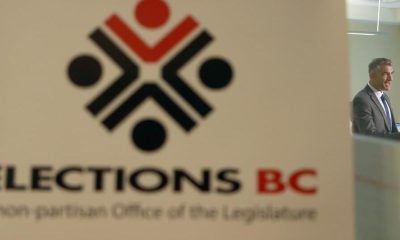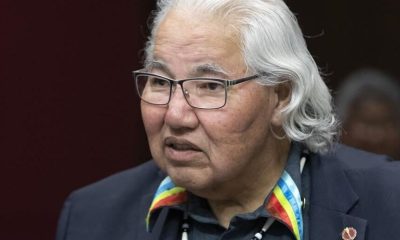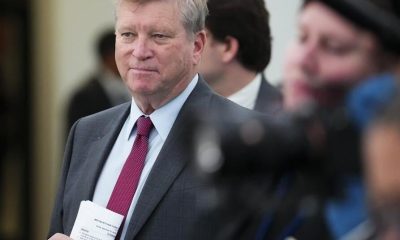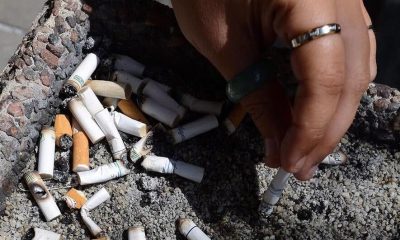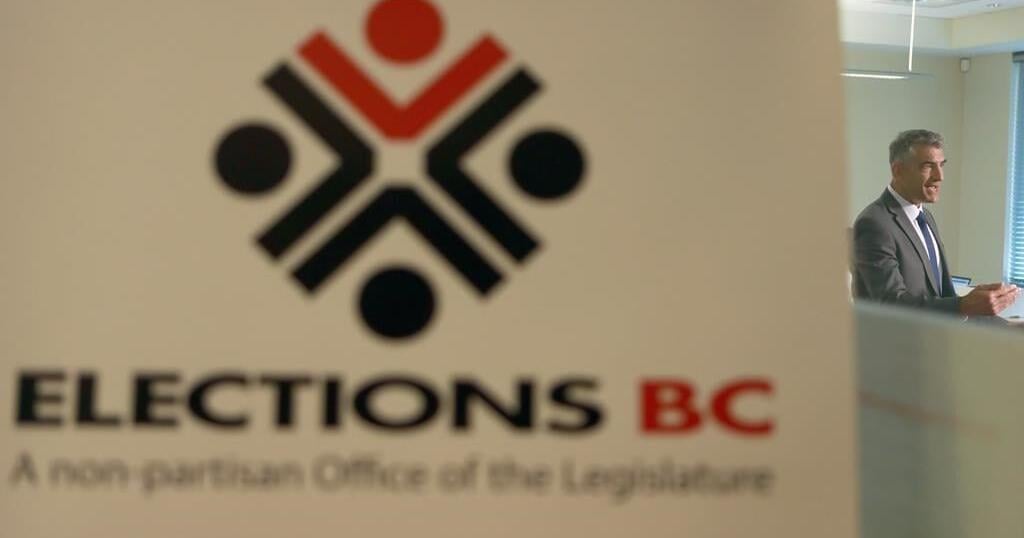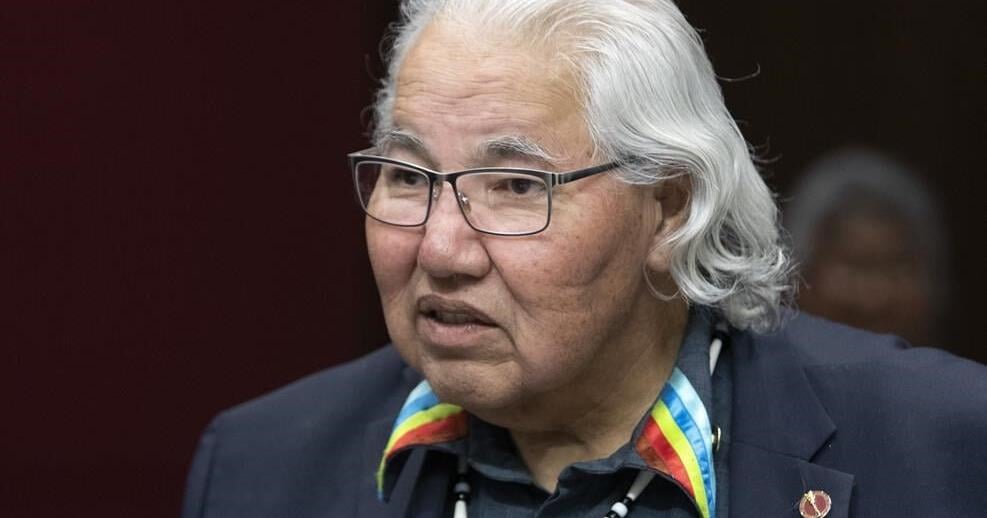LAC STE. ANNE, Alta. — Rev. Garry LaBoucane remembers going to Wakamne — or God’s Lake — during the Lac Ste. Anne pilgrimage as a boy.
“It was always a family tradition,” the 74-year-old said in an interview from Vancouver, where he’s a Métis priest at Sacred Heart Parish.
He remembers sleeping in a pup tent near the cemetery with his grandfather, attending Latin church services he didn’t understand and meeting people from all walks of life.
“It was a social time, visiting with family,” LaBoucane said before the Vatican announced a visit to the sacred lake west of Edmonton would be part of Pope Francis’ planned trip to Canada next month.
“It’s a pilgrimage, a time to pray, a time to be with other nations. It’s the largest spiritual Indigenous gathering in North America.”
The annual pilgrimage had grown to about 40,000 people in 2019 — the year before it shut down due to the COVID-19 pandemic. It’s to resume in person this year from July 25 to 28.
The papal visit is set to start in Edmonton on July 24, move on to the Quebec City area on July 27 and end in Iqaluit on July 29. It is to include public and private events with an emphasis on Indigenous participation.
Before the Pope’s plans were confirmed, Rev. Les Kwiatkowski said in an interview that there was a lot of talk about a potential visit from the pontiff.
“Many people are very excited, but also this could bring even more healing and more reconciliation,” he said.
Lac Ste. Anne has been considered sacred for many generations and has become known as a place of healing.
The oral history from the Alexis Nakota Sioux Nation suggests a chief from the southeast followed his vision and led his people to the shores of the lake.
An annual pilgrimage was organized by a priest in 1889 and has continued annually during the week of July 26, which is the feast day of St. Anne, mother of the Virgin Mary. The grandmother figure is said to have strong importance within Indigenous culture.
The pontiff is to celebrate an open-air mass at Commonwealth Stadium, home to the Edmonton Elks football team, that day and travel to Lac Ste. Anne in the early evening.
Kwiatkowski, who has attended the pilgrimage every summer since 1990 when he moved from Poland, said he has heard from many people across Western Canada who are excited to come this year.
“People need that, there’s no doubt,” he said. “It’s not only spiritual, it’s also social.
“They come to worship, they come to pray, they come for healing. They also come to spend time together.”
Half of those who attend, he said, come from isolated communities and that’s the only time they get to see their friends and relatives.
“It’s a beautiful spirit,” said Kwiatkowski.
He has heard stories about family traditions and about miracles.
“Every day when doing the pilgrimage, someone will come to you and say, ‘It helped me to forgive, it helped me to heal from the past, it helped me to understand things more,’” said Kwiatkowski.
“Healing is more than physical healing. It’s the whole being. For people who come — sometimes very far they have to travel to get here — it’s a special time of healing, of finding themselves.”
LaBoucane said it’s also known as a place of physical healing — even featuring spots where people have left their crutches.
His parents had a similar experience when he was a child.
“I had eczema really, really bad,” said LaBoucane, who hasn’t had any problems since that visit.
Kwiatkowski agreed it’s a special place, especially the lake’s water.
“It has huge significance for Indigenous people,” he said. “People take gallons of this water, they take it home. They use this water for many different reasons — for strength and for healing.
“It has huge significance.”
At a news conference Thursday alongside Edmonton’s archbishop, LaBoucane said he welcomed news of the Pope’s upcoming visit with great joy.
“People are looking forward to being with him, praying with him at Lac Ste. Anne.”
This report by The Canadian Press was first published June 26, 2022.
— By Colette Derworiz in Calgary, with files from Brittany Hobson in Winnipeg
The Canadian Press
Related

